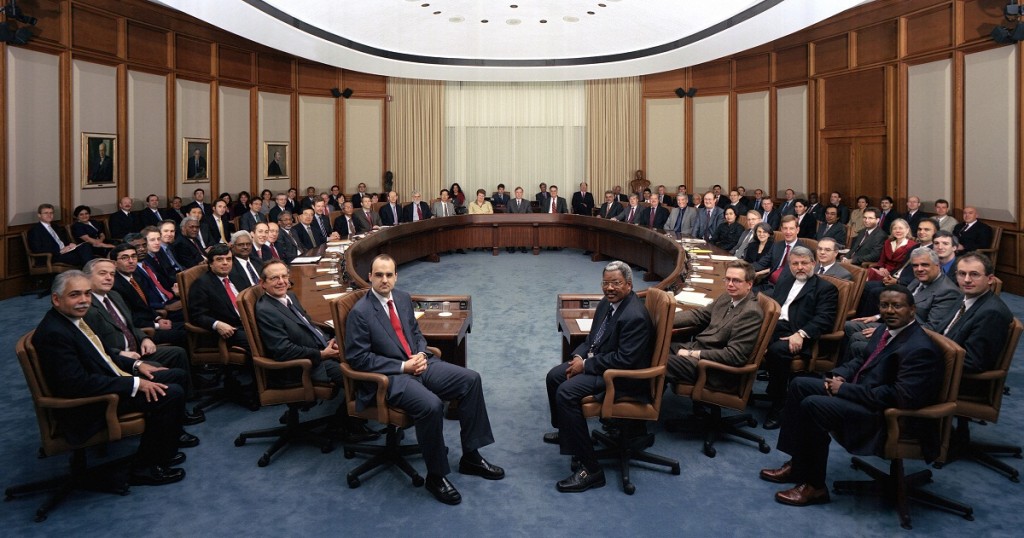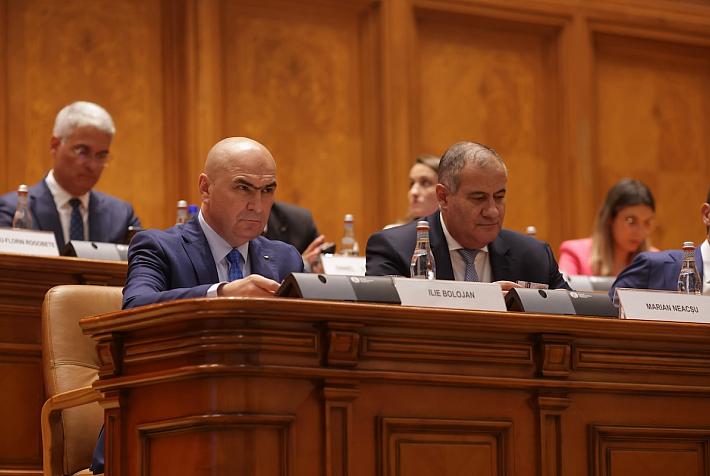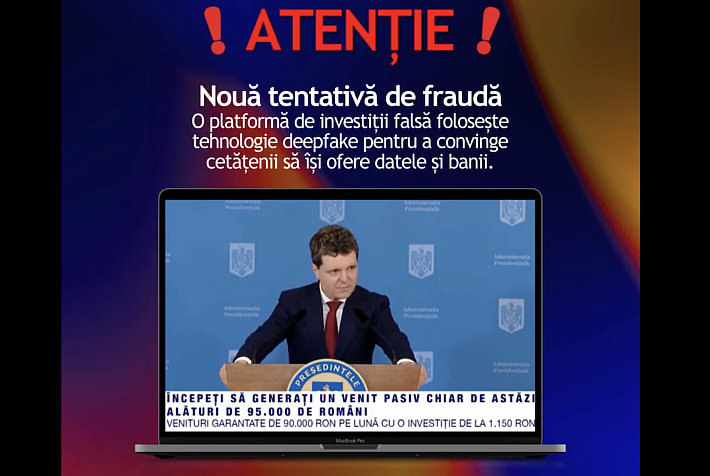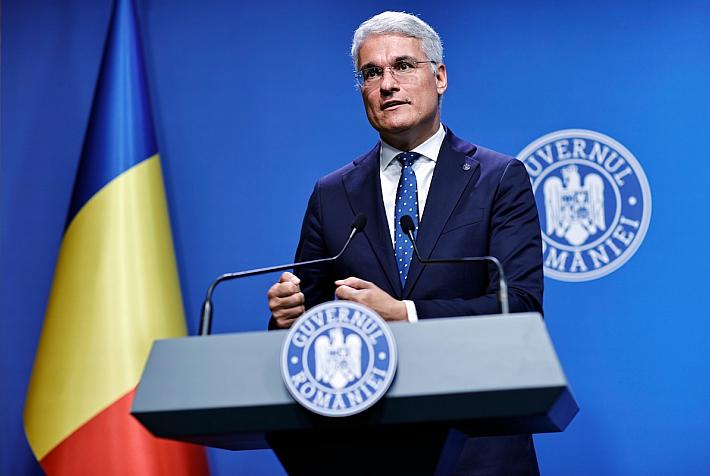IMF changes financing rules to speed up funding in crisis
 The International Monetary Fund (IMF) has set up new measures to meet financing needs in crisis hit economies, aiming to provide funding more rapidly and make funds available when country economies are at risk. Announced yesterday evening (December 7), the reforms to the current system promise greater speed and flexibility in funding for economies in dire financial straits. The overall objective for the IMF's new tools is to provide financing quickly in times of crisis, such as war, following natural disasters and most importantly for the beleaguered eurozone, times of severe economic crisis.
The International Monetary Fund (IMF) has set up new measures to meet financing needs in crisis hit economies, aiming to provide funding more rapidly and make funds available when country economies are at risk. Announced yesterday evening (December 7), the reforms to the current system promise greater speed and flexibility in funding for economies in dire financial straits. The overall objective for the IMF's new tools is to provide financing quickly in times of crisis, such as war, following natural disasters and most importantly for the beleaguered eurozone, times of severe economic crisis.
The reforms were also triggered by the low take up of the existing emergency funding tools. The IMF attributes this to a perceived stigma attached to emergency IMF support and a preference of governments for finding internal solutions.
Now the IMF plans to unite the various emergency tools available under a single instrument: the Rapid Financing Instrument (RFI). This will be an option for countries facing an urgent balance of payments. Also agreed is the replacement of the Precautionary Credit (PCL) with the new Precautionary and Liquidity Line (PLL). The important feature of this new instrument is its availability to provide liquidity both when there is an urgent repayment need and when there is not, as insurance against future shocks.
“Directors confirmed that members could obtain RFI financing to address urgent balance of payments needs that, if not addressed, would result in an immediate and severe economic disruption, so long as the other requirements for RFI financing were met,” reads the IMF notice on the new measures.
After an internal review of tools used to disburse emergency funds from its General Resources Account, the IMF's executive board said the changes will “bolster the flexibility and scope of the General Resources Account (GRA) lending toolkit.”
See the complete notice here.
Liam Lever, liam@romania-insider.com
(photo source: The IMF)











